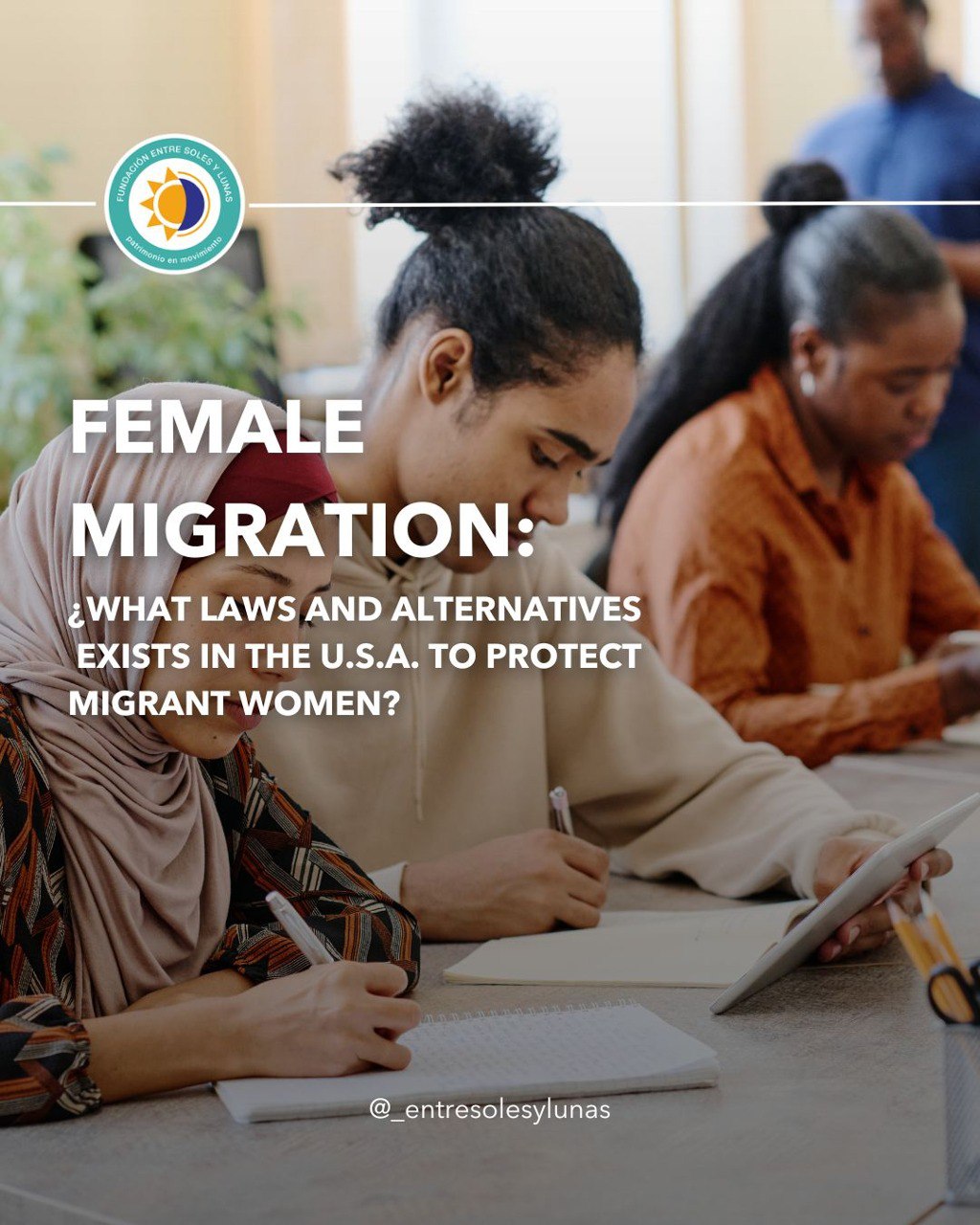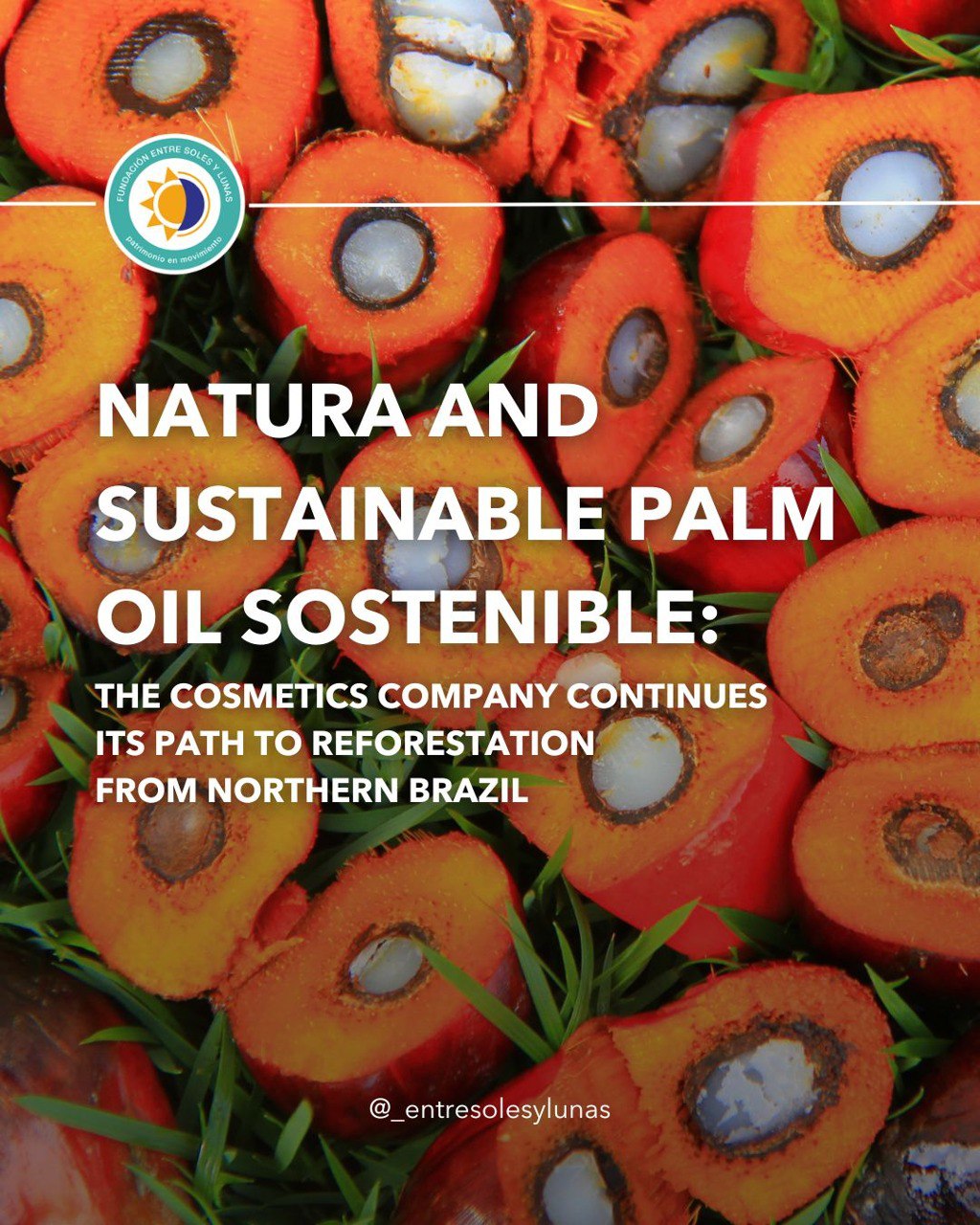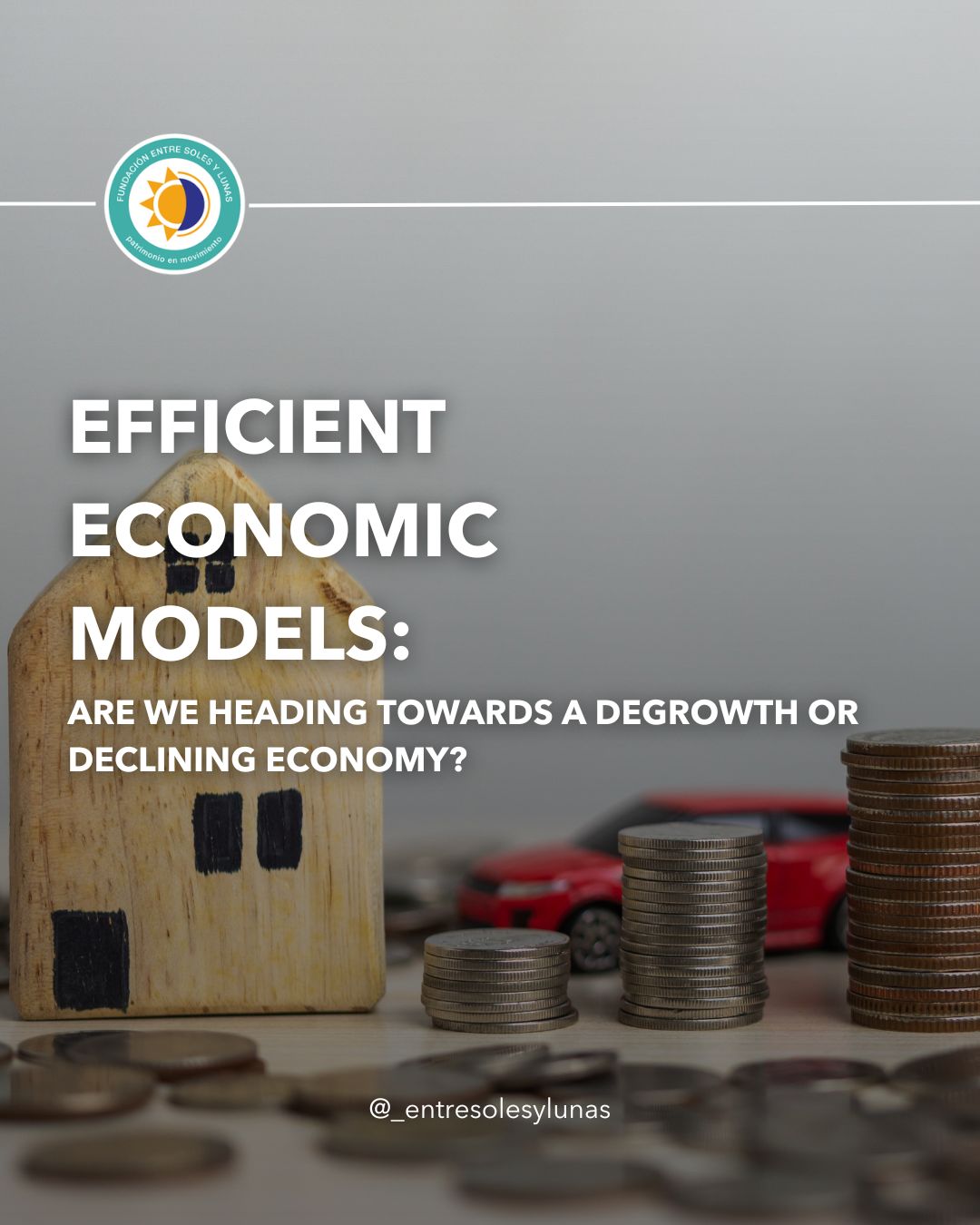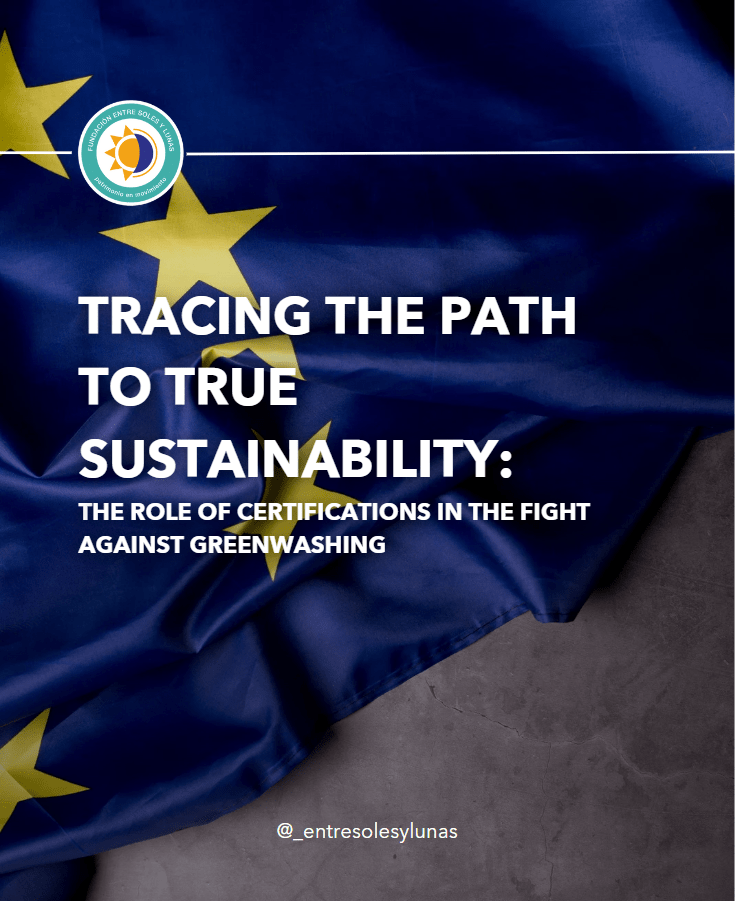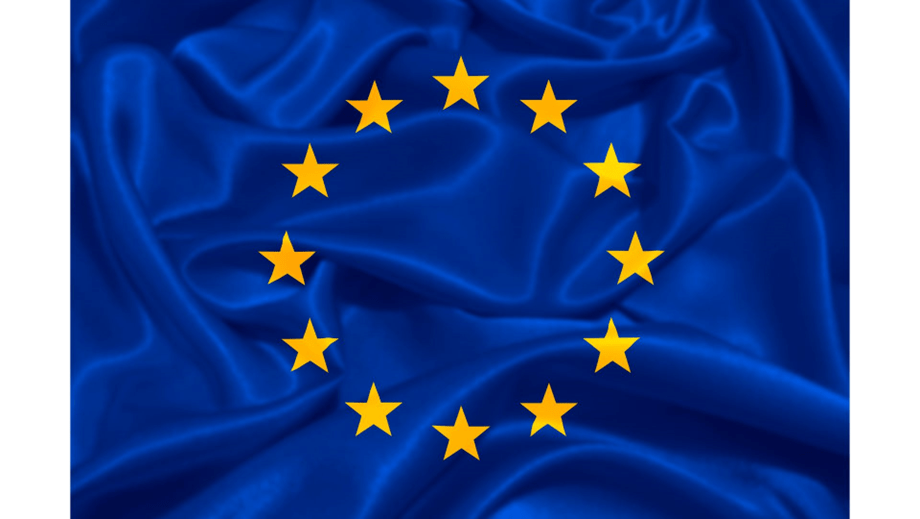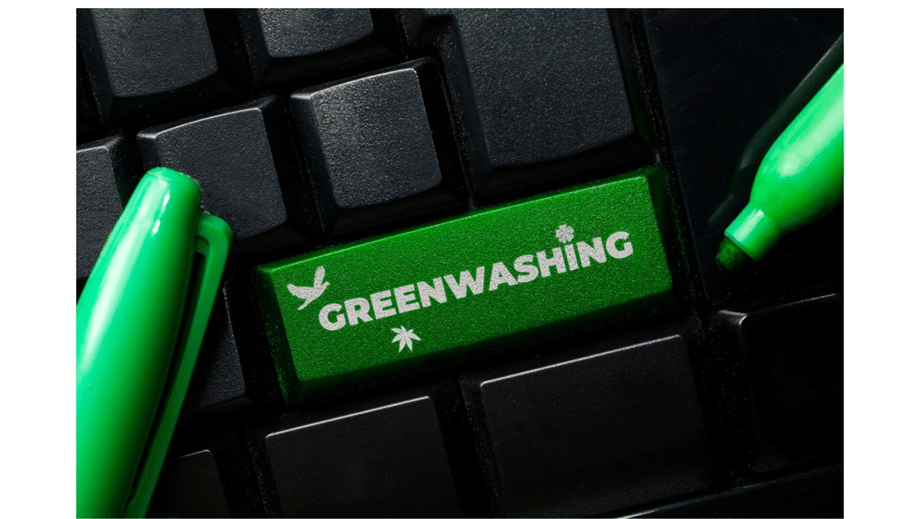Being a migrant woman in the United States, the dangers and the laws that protect them
- Ana Flechas
- Home
- Hits: 70
There are currently about 23.2 million immigrant women living in the United States, representing approximately 14% of the country's female population. Women born in Mexico represent 22.1%, followed by countries such as India with 5.6%, the Philippines 5.2% and China 5.1%, according to the analysis conducted by the American Immigration Council. However, these numbers may increase due to Joe Biden's immigration policies.
Immigrant women are constantly exposed to situations that put them in vulnerable positions. Lack of knowledge of the language and laws are aggravating factors in these situations, along with family isolation and lack of accompaniment. According to UN Women, in its report From evidence to action: Tackling gender-based violence against migrant women and girls, "women and girls are likely to experience a continuum of gender-based violence at all stages of migration, from bullying and verbal abuse to physical, psychological and sexual violence".

While women are always exposed to this kind of violence, refugee or immigrant women are exposed to unique situations. As stated by the Office on Women's Health (OWH), fear of being reported or of losing custody of their children are two of the main reasons that prevent victims from refusing to report their aggressors. Likewise, are:
- Feeling humiliated by their community
- Sociocultural beliefs
- Failure to perform household tasks.
- Receiving false information about her duties as a wife, which would force her to be with her husband sexually.
The US has sought to protect victims of physical, emotional, sexual, and domestic violence providing them phycological support and shelter thanks to the Violence Against Women Act (VAWA). This Act is in effect from October 2022, and despite its name, it oversees protecting every person regardless of gender, sexual orientation, gender identity or migratory status. The same the OWH encourages violence victims to file a complaint against their aggressor whether is an American citizen or not.
The US counts with the National Domestic Violence Hotline which works 24/7 and with-it victims can ask for help in emergency situations. The same, there are many Foundations and Non-Profit Organizations in charge of providing support to immigrant women in legal, psychological, translational, emotional, and physical matters. One example is the Center Against Sexual & Family Violence (CASFV) which from 1977 has been available to families and its victims. One of its services is provide, through a group of female volunteers, assistance in transcribing and translating their life histories so they can be presented in court whenever they are in the middle of legal processes against their aggressor.
Being an immigrant woman is not easy, challenges and stereotypes are constantly laid in the way they need to walk through, and it is our duty to inform us about our rights. For that reason, we encourage you to share this article with women you know, let’s take advantage of it, and spread the word so that maybe it reaches somebody who needs it.




